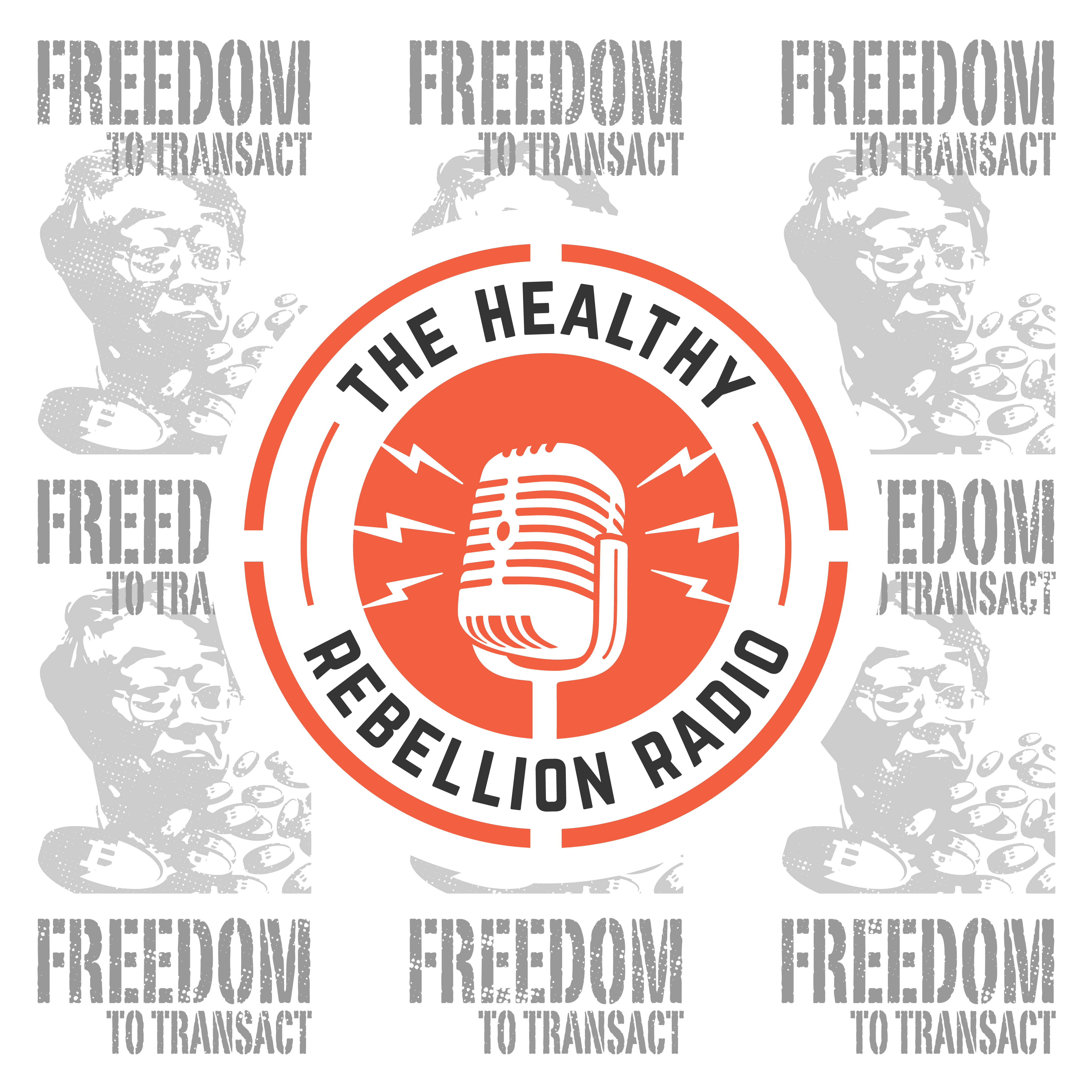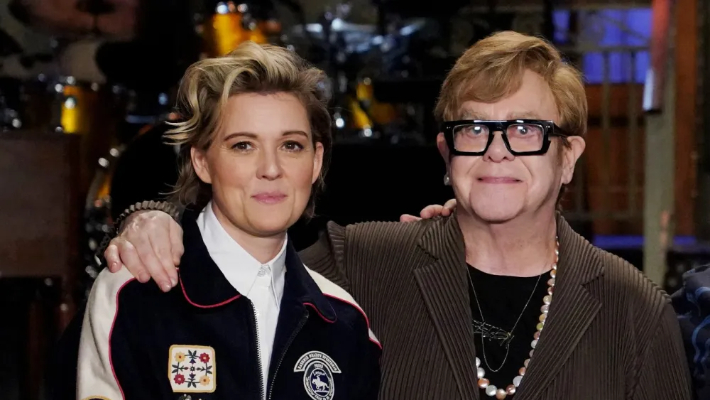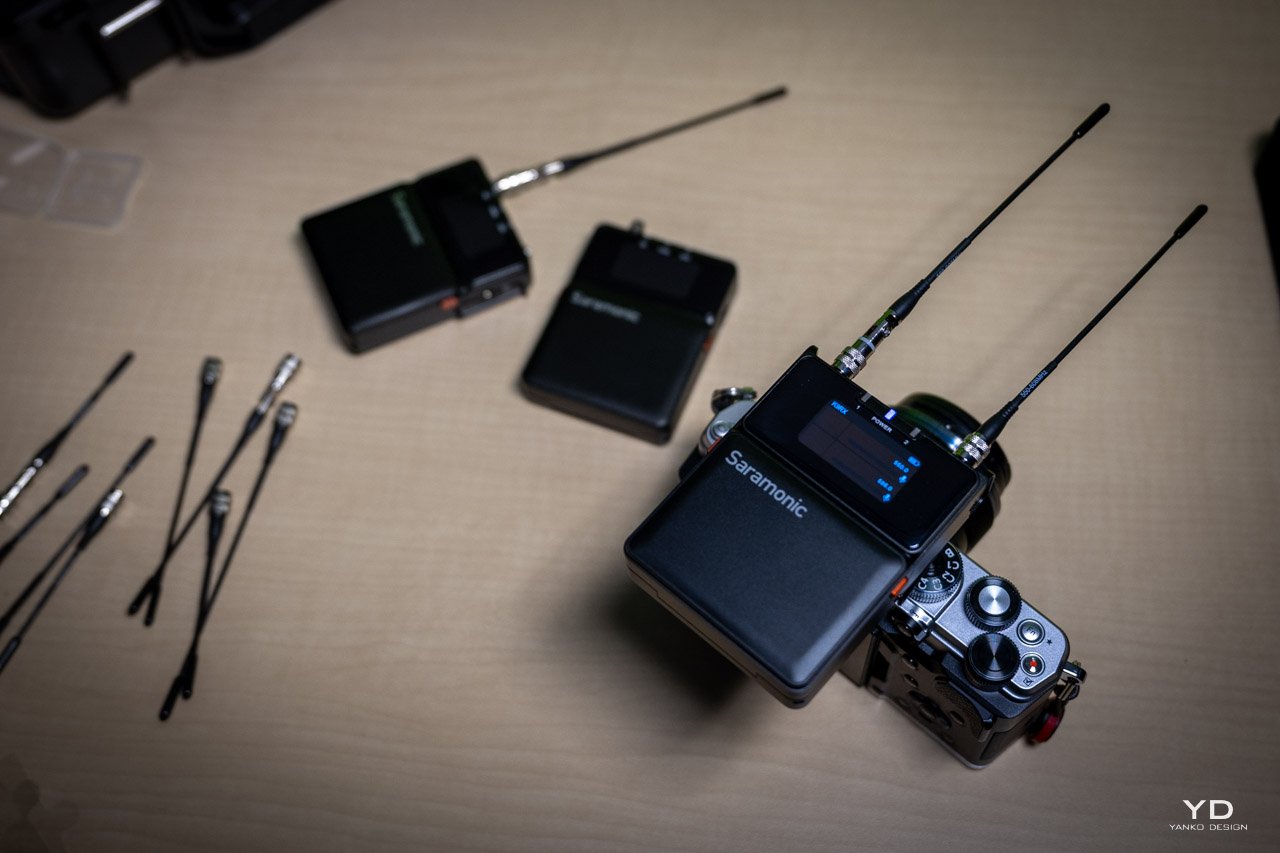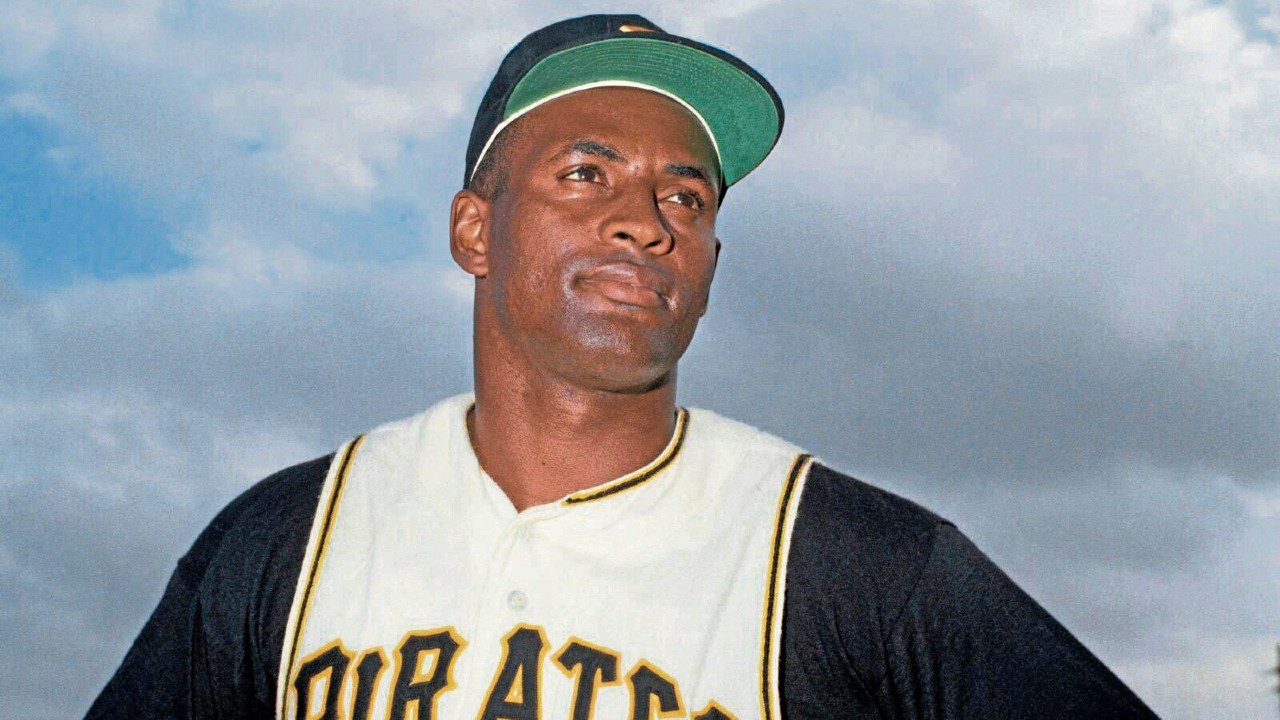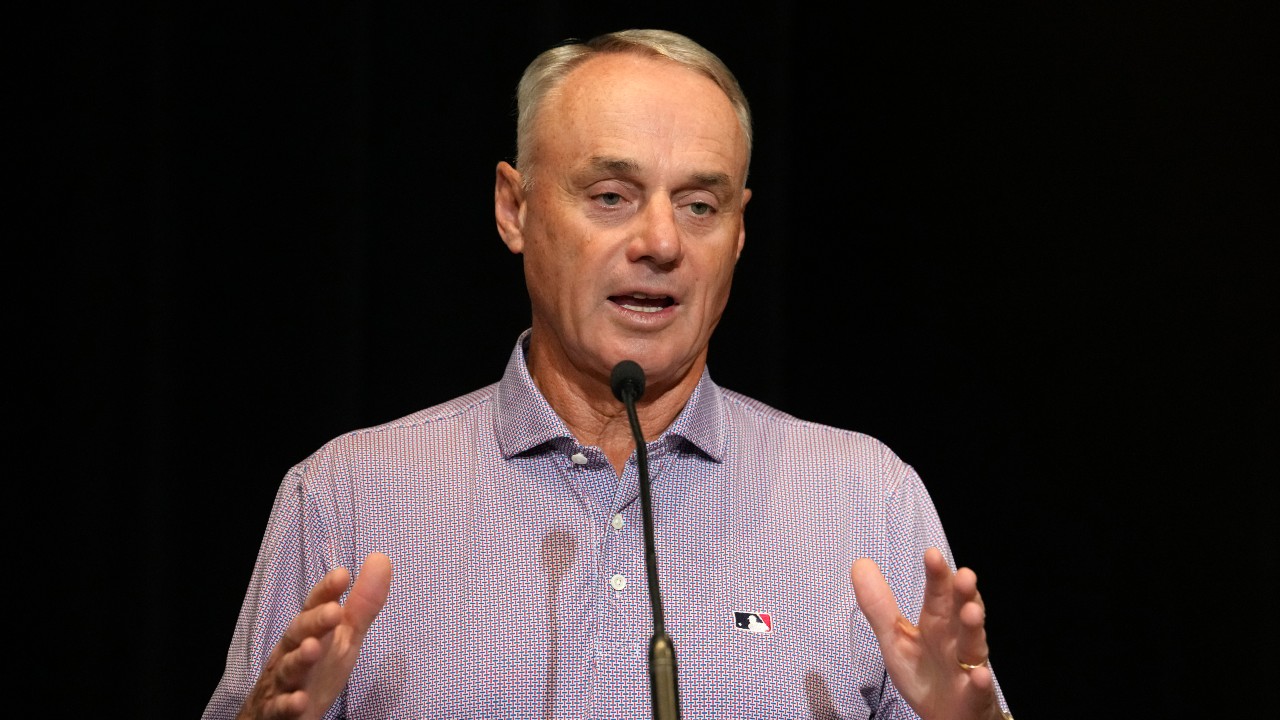I won’t rage against Trump — I’m too busy mourning America
If I get up and walk away from the Trump-trashing, it’s not because I’m offended.

Among my friends and family, I’ve developed a reputation as a closet Republican. We’re at dinner or in the coffee shop or on a hike, the conversation steers toward wailing and lamentation about Trump and I walk away or get up and leave or change the subject.
I can imagine the whispers. “Her? But that’s impossible. She was always such a bleeding-heart liberal, always among the left of the left. What happened to her? Something must have changed.”
Something did change.
I’ve always had a strong political identity, but I was seldom an advocate. To me, my nation was, metaphorically, like parents. Sure, there were missteps and foolishness and sometimes outright madness, but I took for granted that, ultimately, like good parents, my government was sensible and had good intentions.
Of course, not everyone had the same version of America that I did, but like being born to benevolent parents, I held a version of my government and its people that was essentially well-meaning.
When Trump was elected for the second time, I saw a different reality. The government wasn’t sensible. In fact, it might be dangerous. My fellow Americans sometimes did not have everyone else’s best interests at heart. In fact, in the voting booth, they could be venal and superficial, uninformed and narcissistic.
It’s one thing to grow up in an abusive household. It’s quite another to believe your family will keep you from harm and then find out late in life that they’re a nest of predators.
I realize how trusting I have been, and I’m sorrowed to watch that trust dissipate.
I’m no stranger to mourning. Both of my parents are gone. I’ve been through a divorce. As a Baby Boomer, I’ve lost too many friends to AIDS, combat, suicide, addiction and violence.
So, I know the course of grief. While it’s not the lock-step process of Dr. Elizabeth Kubler-Ross — denial, anger, bargaining, depression, acceptance — there are elements of all these emotions as we make our way through the demands of healing.
Kubler-Ross herself expressed frustration with the popular mangling of her theory. She knew that mourning is not a rigid formula but a process; it fluctuates and morphs.
When we mourn, if we’re to survive psychologically, we slowly piece our way to a new normal. Our grief evolves and we regain stability and maybe even realize wisdom and maturity. At first, we may long for resurrection, but ultimately, we know we can’t recover what has been lost.
When each of my parents died, I grieved profoundly. And I still miss them, but in time, I could acknowledge the loss without repeatedly returning to grieving.
So it is with my belief in my country’s sanity and sensibility. It’s gone. Adding my voice to the chorus of Trump transgressions would be like returning to the day when I saw the depth of my father’s dementia or when I learned that my mother had stage 4 colon cancer.
Some November day, after some other election, I might join my friends and family in celebrating another, better new normal, but it won’t mean a return to life before the loss. That life is over.
So, if I get up and walk away from the Trump-trashing, it’s not because I’m offended. I’m just trying to grow up.
Marsh Rose is an author and psychotherapist based in California. Her most recent book, “Escape Routes,” was published in 2021 by Sunbury Press.







































